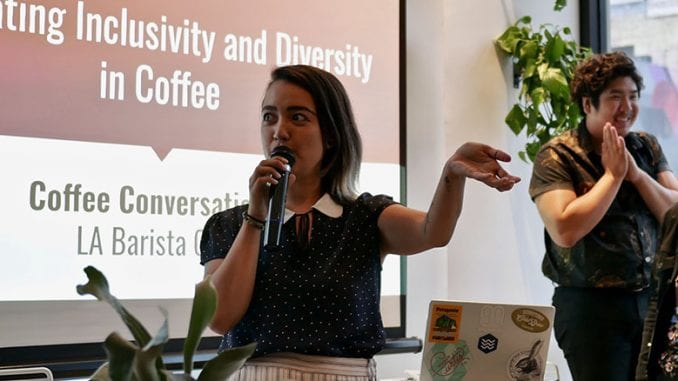
An event before Bloom LA conducted an intimate conversation about coffee equity.
BY SARAH GRANT
SPECIAL TO BARISTA MAGAZINE ONLINE
Photos courtesy of Sarah Grant
The Barista Guild’s Bloom tour stopped by Los Angeles on June 26, but the event informally began with a free and open-to-all community event organized by the L.A. Barista Club and moderated by Kristi Persinger at Stumptown’s newest Downtown Los Angeles location on June 25.
The space was filled with coffee professionals, the coffee-curious, and community-minded people ready for conversation. Suggested donations for food, drinks, and raffle tickets benefited Las Girls in Action, a Los Angeles-based charitable organization that supports education for girls in El Salvador.
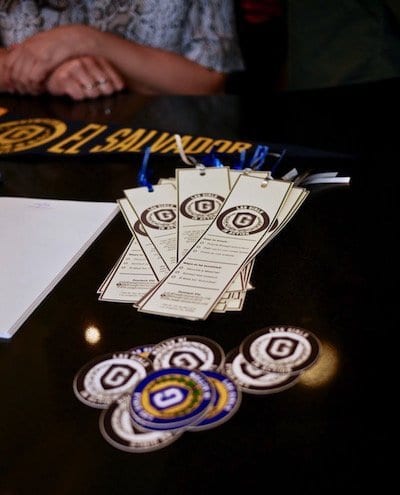
All panelists had a common passion for empowering and creating new spaces for their respective communities, and collectively pointed out that diversity and inclusion are not one-size-fits-all concepts. Nevertheless, coming to an understanding about the many ways in which the industry can be inclusive is still an important conversation to have. For Kevin Lu, inclusion means “there is a space for you” in the industry, always, no matter who you are. Of course, the work of creating that space is not easy.
“Mentoring, sharing knowledge, experience, and knowing that it’s OK to ask for help” are ways that panelist Moses Harris has supported his community as an entrepreneur and the business-savvy half of Bloom & Plume. “Sometimes just showing up is all it takes [to support people in your community],” he said. For his brother and business partner Maurice, it’s about being authentic. “I’m only good at doing one thing and that’s being myself. … Black excellence is something that I strive for every day,” he said.
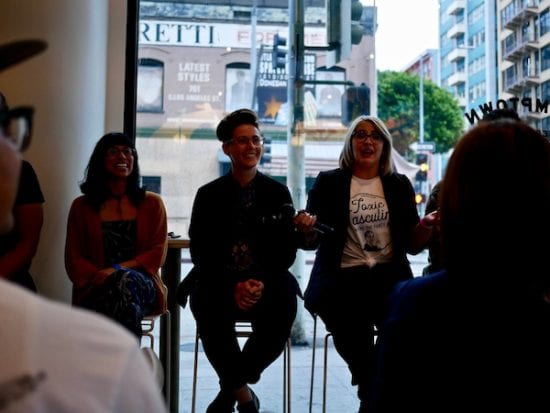
Kristi posed a question about how the social landscape is changing in panelists’ experiences. Panelist Kat Adams followed up with their perspective on how identities change in everyone’s coffee journey; they pointed out that they realized “Barista Magazine articles featured people that looked like me … seeing one person, and then another, I understood that coffee shops were the only spaces where I knew I would be OK.”
“We are what we are able to see,” added Maurice.
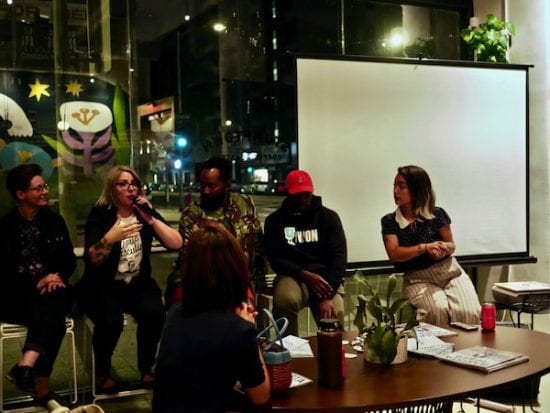
The panelists and audience also discussed the ways in which industry employees feel valued (or don’t). They agreed that by investing in their employees’ interests now and down the road, employers can foster a sense of care and support, and that employee time in cafés can provide something of value beyond a paycheck. In doing so, Kat suggested the industry might reframe the conversation in terms of diversity and equity to “make sure that we are hiring the right people … when writing a job description, make sure you aren’t asking for one kind of person.”
The evening ended with audience input about transparency and terminology in the industry. Echoing the panelists, one audience member asked how we navigate diversity as a group, given that our experiences are not always the same. Coffee education in all its diverse forms and mentorship, panelists agreed, is a tool we can use to move in the right direction.
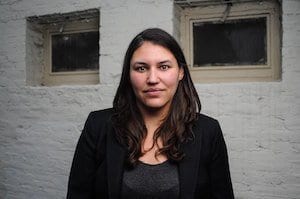
ABOUT THE AUTHOR
Sarah Grant is an assistant professor of anthropology and coffee researcher interested in cultures of value, branding, fertilizer, and environmental activism. She conducts research in Vietnam and happily resides in Long Beach, Calif.

